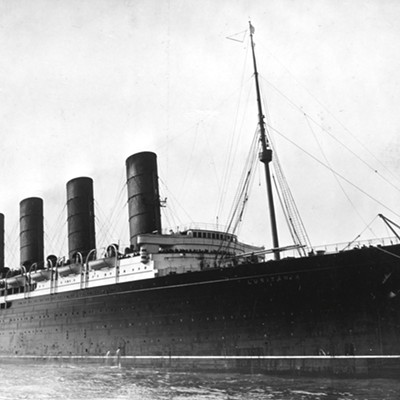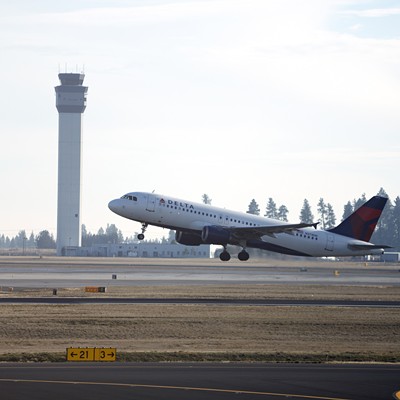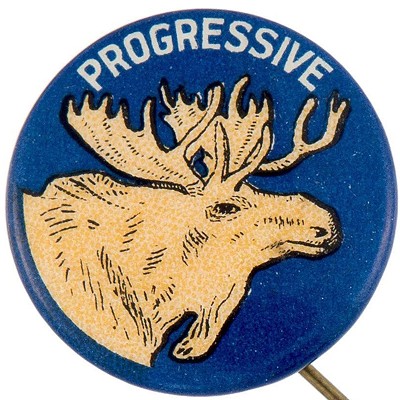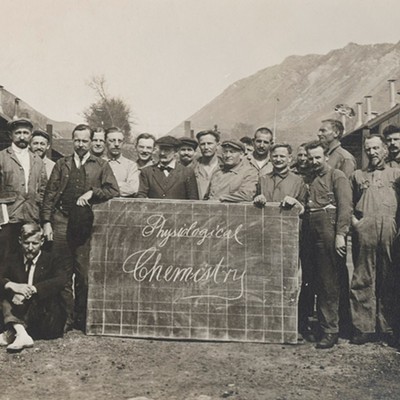Life in Seattle feels punitive these days. Yes, we have the consolation of living in one of the most beautiful settings for a city anywhere in the world. We also used to feel like a haven from many problems — a town that figured out the balance between work and play, between pleasure and responsibility, between nature and urban life.
Many folks came to Seattle in the late 20th and early 21st centuries looking for comfort, to kick back, to be a little more like their true selves here than someone stuck in a rat race. People wanted less glitz and more real; a town laid back enough where you could find yourself. We were a middle-class city — big enough to get lost in, small enough to feel comfortable.
But living here feels different now. People move here for ambition, using the city as a stepping-stone to somewhere else. Nearly half of those who move here don't intend to stay more than five years. As for glitz, luxury high rises now abound. We were once a bit of an antidote to urban growth — now we're the exemplar of it.
For many of us longtime residents, today's civic life and economic realities feel like a punishment much of the time.
It's easy to feel punished if you try to go anywhere. There's a war on bikes, a war on cars, even a war on pedestrians. Streets and sidewalks are being torn up — even our detours have detours. We tell ourselves, "It's worth it because it'll all be better someday." But will it?
Affordability — the lack of it — feels punitive as well. Seattle's median home price in April was $820,000 — up $43,000 in one month! Let that sink in. And we've divided into YIMBYs and NIMBYs: pro-growth and anti-growth. The world is more complicated than these polar opposites. But our debates often feel like they are fought from two distant corners, each of which is half right.
We often reach for punitive measures to solve problems. We punish pop drinkers with a tax on sugar drinks. We punish all city residents — especially those with low incomes — with the most regressive tax structure of any city in the state, according to a recent report by the Economic Opportunity Institute.
Nowhere does punishment show up more than in the thousands of homeless on our streets, under our freeways and in our greenbelts. This is a problem bigger than Seattle, but it might surprise people to know that there was a time when the legions of the homeless and panhandlers were not common on city streets. Homelessness is a widespread problem, but especially so in our prosperous cities. The economic engines driving our region and all the other progressive, tech-oriented cities on the coast are churning out more homeless people. The visible effect of punitive economics — displacement, lack of affordability — is dramatic.
Some might say that Seattle's problems are what happens when cities go through growth spurts. Eventually, the dust settles and some kind of normalcy returns. I'm not so sure the dust will settle. The Puget Sound Regional Council projects nearly 2 million more residents in the central Puget Sound region by 2050 — that's at a slower growth rate than the current one, but still a lot of new bodies.
I hope that with growth, we find a way to improve our tax system along with other ways to lift the bottom and the middle. I hope we find a way to make it easier for people to find balance in their lives and to cooperate better with their neighbors. Can we again find what we used to call livability without punishing ourselves?
That, to me, is the question we need to answer. ♦
Knute Berger is Editor at Large for Seattle Magazine, where a version of this column first appeared.























